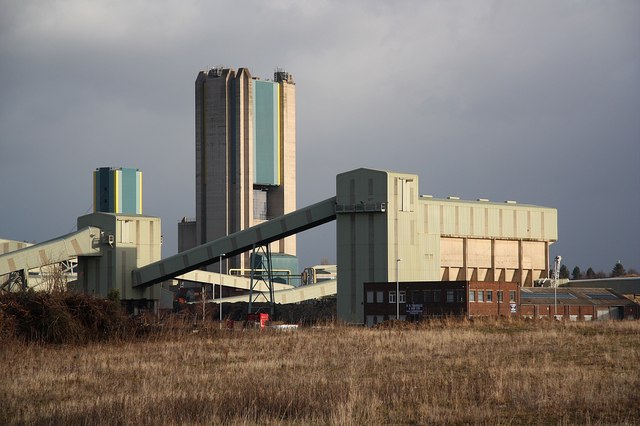Harworth on:
[Wikipedia]
[Google]
[Amazon]
 Harworth is an area in the civil parish of Harworth Bircotes (with
Harworth is an area in the civil parish of Harworth Bircotes (with

 Harworth is an area in the civil parish of Harworth Bircotes (with
Harworth is an area in the civil parish of Harworth Bircotes (with Bircotes
Bircotes is an area in the civil parish of Harworth Bircotes (with Harworth) in the Bassetlaw district of Nottinghamshire, England on the border with South Yorkshire. The population of the civil parish was 7,948. The local school in the area is ...
) in the Bassetlaw district in Nottinghamshire
Nottinghamshire (; abbreviated Notts.) is a landlocked county in the East Midlands region of England, bordering South Yorkshire to the north-west, Lincolnshire to the east, Leicestershire to the south, and Derbyshire to the west. The trad ...
, England. It is approximately north of Worksop
Worksop ( ) is a market town in the Bassetlaw District in Nottinghamshire, England. It is located east-south-east of Sheffield, close to Nottinghamshire's borders with South Yorkshire and Derbyshire, on the River Ryton and not far from th ...
. The population of the civil parish was 7,948 in the 2011 Census.
History
The Harworth coal mine opened in 1921 and produced coal for the power stations on theRiver Trent
The Trent is the third-longest river in the United Kingdom. Its source is in Staffordshire, on the southern edge of Biddulph Moor. It flows through and drains the North Midlands. The river is known for dramatic flooding after storms and ...
. A new pit tower was built in 1989 when the pit was at its peak of production but seven years later the colliery was 'mothballed'. In 2015, it was announced that the pit tower would be demolished and the colliery site would be redeveloped for housing which has since been completed. The former freight line and sidings into the colliery have been lifted and left undeveloped. The local football team is called Harworth Colliery F.C.

Etymology
The town's name is fromOld English
Old English (, ), or Anglo-Saxon, is the earliest recorded form of the English language, spoken in England and southern and eastern Scotland in the early Middle Ages. It was brought to Great Britain by Anglo-Saxon settlers in the mid-5th ...
''har'' "grey" (compare modern hoary
{{Short pages monitor